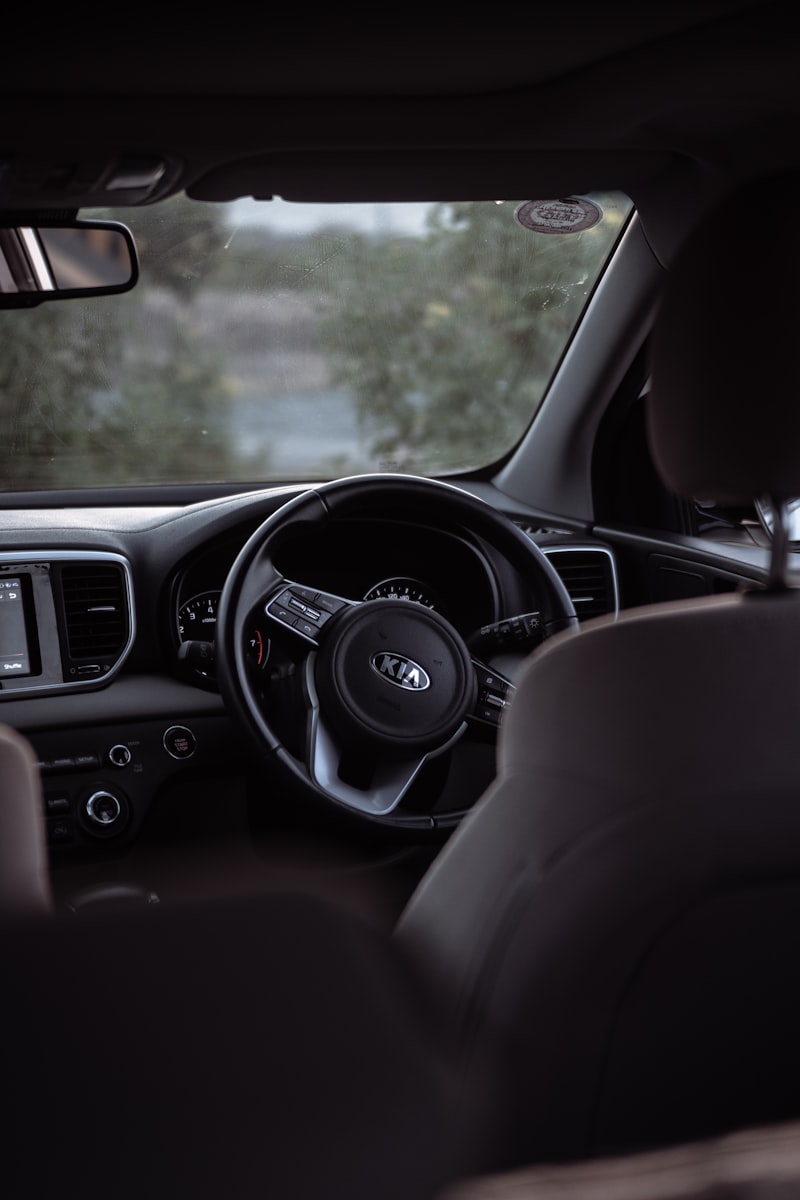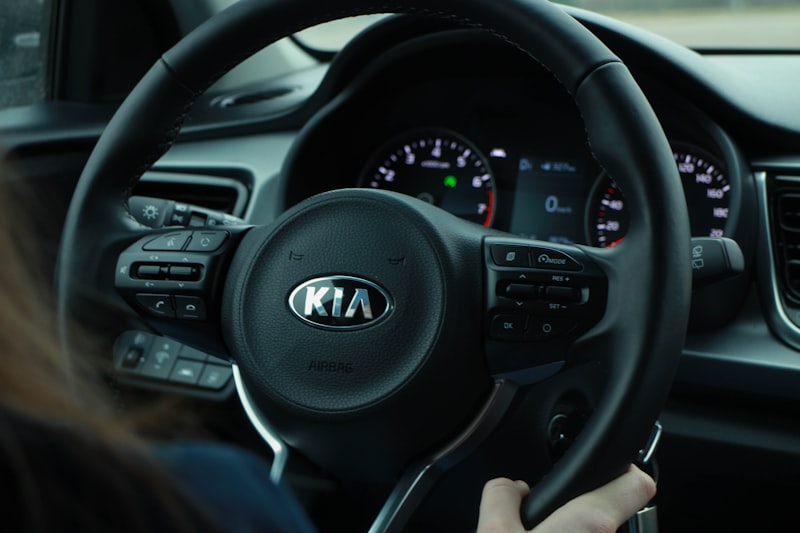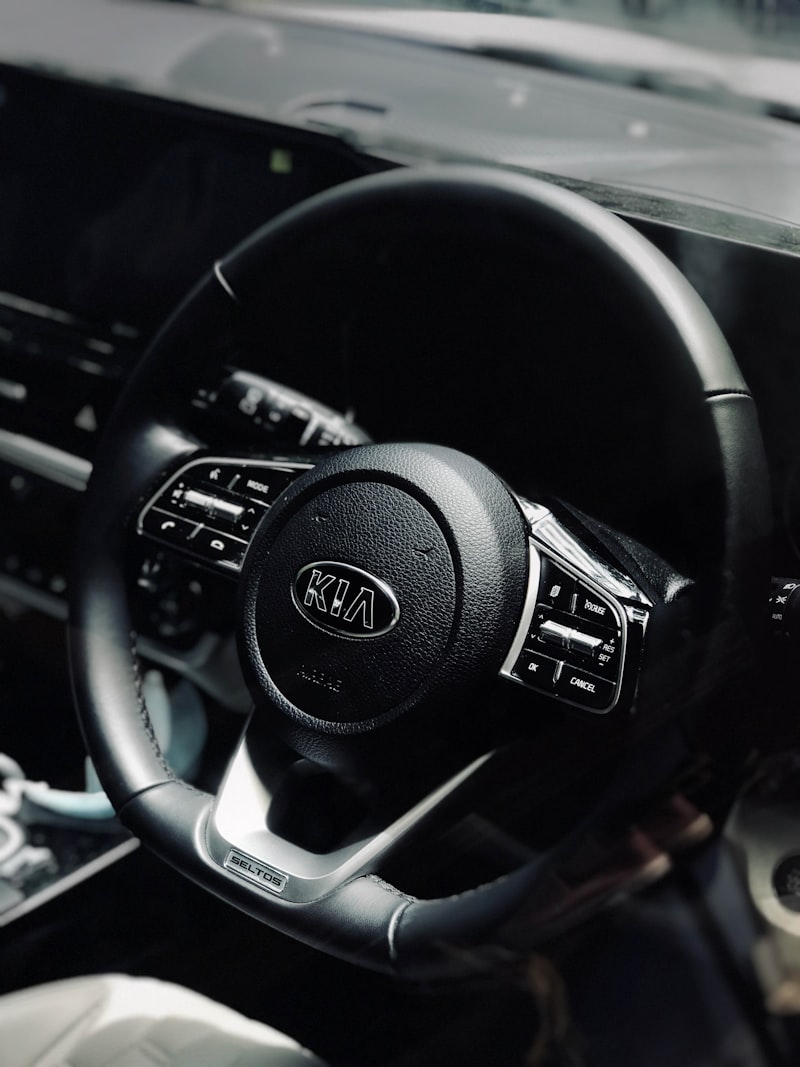Are you curious about the 2017 Honda Accord and its potential issues? Well, let’s dive into the details and explore any problems you might encounter with this popular sedan.
One thing to keep in mind is that no vehicle is perfect, and the 2017 Honda Accord is no exception. While it generally earns high marks for its reliability and performance, there are a few concerns worth noting.
One common problem reported by some owners is transmission issues. A small number of drivers have experienced jerky shifting or hesitation when accelerating. This can be frustrating, especially if you’re looking for a smooth driving experience. However, it’s important to mention that these cases seem to be relatively isolated, and most Accords perform admirably in this area.
Another area of concern is the infotainment system. Some users have found it to be a bit slow and unresponsive at times. This can be bothersome, particularly if you rely heavily on technology while driving. However, it’s worth noting that Honda has made efforts to improve this aspect in subsequent model years, so it may not be as prevalent in newer versions.
On the safety front, a few complaints have been raised regarding the automatic braking system. Occasionally, it may activate unexpectedly or fail to engage when needed. Safety is paramount, so it’s crucial to stay attentive and proactive behind the wheel regardless of the vehicle you drive.
Investigation Reveals Common 2017 Honda Accord Problems Plaguing Owners
Are you a proud owner of a 2017 Honda Accord? If so, you might be interested in learning about some common problems that have been plaguing fellow Accord owners. In this article, we will delve into the details of these issues, providing you with valuable insights to help you navigate any potential challenges.
One prevalent problem reported by 2017 Honda Accord owners is related to the transmission. Some drivers have experienced jerky or rough shifting, particularly when accelerating or decelerating. This issue can be frustrating and may require a visit to the dealership for diagnosis and repair. It’s essential to keep an eye on your transmission and address any concerns promptly.
Another issue that has caught the attention of Accord owners involves the battery. Several drivers have reported premature battery failure, requiring replacement soon after purchasing their vehicle. While a faulty battery can be inconvenient, it is relatively easy to address by having it replaced under warranty.
Furthermore, some owners have encountered problems with the brake system in their 2017 Honda Accords. There have been reports of squeaking or grinding noises when applying the brakes, indicating potential issues with brake pads or rotors. It is crucial to have your brakes inspected regularly to ensure optimal performance and safety.
Additionally, certain Accord owners have voiced concerns about engine performance. Some have noticed excessive oil consumption or rough idling, which could be indicative of underlying mechanical issues. Regular maintenance and timely servicing can help detect and resolve these problems before they escalate.
Owners Demand Answers: Excessive Oil Consumption Issues in 2017 Honda Accords
Introduction: Is your 2017 Honda Accord experiencing excessive oil consumption? Many owners have raised concerns about this issue, and they are demanding answers. In this article, we will delve into the details of the excessive oil consumption problem that some 2017 Honda Accords are facing. Let’s explore what might be causing this issue and what steps can be taken to address it.
Understanding Excessive Oil Consumption: Excessive oil consumption occurs when a vehicle consumes more oil than what is considered normal. It can be frustrating for car owners, as it not only leads to frequent top-ups but also raises concerns about potential engine damage. Some 2017 Honda Accord owners have reported having to add oil between regular oil changes, which is causing alarm among the community.
Potential Causes: Several factors could contribute to excessive oil consumption in 2017 Honda Accords. One possible cause is faulty piston rings. The piston rings help seal the combustion chamber, preventing oil from entering and burning along with fuel. If these rings malfunction, oil can leak into the combustion chamber, leading to higher oil consumption.

Another potential culprit could be worn valve seals. Valve seals control the flow of oil into the engine’s cylinder head. When these seals wear out, oil can seep into the combustion chamber, resulting in increased oil usage.

Addressing the Issue: If you are experiencing excessive oil consumption in your 2017 Honda Accord, there are steps you can take to address the problem. Firstly, it is crucial to monitor your oil levels regularly and top up as necessary. Keep an eye on any sudden drops in oil levels between oil changes.
To find a permanent solution, it is recommended to consult with a qualified mechanic or visit an authorized Honda service center. They can perform a thorough inspection of your vehicle and diagnose the root cause of the excessive oil consumption. Based on their findings, they will be able to recommend appropriate repairs or replacements.
Conclusion: Excessive oil consumption in 2017 Honda Accords is a concerning issue that has grabbed the attention of owners. By understanding the potential causes and seeking professional assistance, affected owners can address this problem effectively. Remember to stay proactive and monitor oil levels regularly to ensure the longevity and optimal performance of your vehicle.
Safety Concerns Arise as Brake Malfunctions Reported in 2017 Honda Accord Models
Are you worried about the safety of your 2017 Honda Accord? You’re not alone. Reports of brake malfunctions in these models have raised significant concerns among car owners. In this article, we will explore the details surrounding these issues and provide valuable insights to help you stay informed and make informed decisions.
The safety concerns surrounding the 2017 Honda Accord primarily revolve around brake malfunctions reported by owners. Brake malfunctions can manifest in various ways, such as unresponsive brakes, excessive brake noise, or a spongy brake pedal. These issues pose serious risks on the road, potentially leading to accidents or collisions.
One possible cause of these brake malfunctions could be a manufacturing defect. It’s important to note that not all 2017 Honda Accord models are affected, but if you own one, it’s crucial to pay attention to any signs of brake problems and take prompt action. Regular maintenance and inspections are essential to identify and address any potential issues before they escalate.
To ensure your safety and the safety of others, there are several steps you can take if you experience brake malfunctions in your 2017 Honda Accord. Firstly, contact your local Honda dealership or authorized service center immediately. They have the expertise and resources to diagnose and repair the brake system effectively. Don’t ignore any warning signs or delay repairs; it’s better to be safe than sorry.
In addition to seeking professional assistance, practicing defensive driving techniques can help mitigate the risks associated with brake malfunctions. Maintain a safe following distance from the vehicle ahead, anticipate traffic situations, and avoid abrupt braking whenever possible. Remember, being proactive and alert can significantly reduce the chances of an accident.
Transmission Woes: Complaints Surge Over Shifting Problems in 2017 Honda Accords
Are you tired of dealing with frustrating shifting problems in your 2017 Honda Accord? You’re not alone. Recently, there has been a surge in complaints regarding transmission woes in these vehicles. Many owners have expressed their dissatisfaction with the shifting performance, raising concerns about safety and reliability. In this article, we delve into the details of these issues and explore possible solutions.
One of the most common complaints is a harsh or delayed shifting between gears. Drivers have reported experiencing jerky movements and hesitation when accelerating or decelerating. These transmission-related problems can be alarming and affect the overall driving experience. Imagine being on a busy highway and feeling your car struggle to shift smoothly—it’s not only frustrating but also potentially dangerous.
So, what causes these shifting problems in the 2017 Honda Accords? While there could be various factors at play, one key culprit is the dual-clutch transmission (DCT) system used in these vehicles. The DCT relies on computer-controlled clutches to engage and disengage gears, providing quick and seamless shifts. However, some Accord owners have found that the DCT doesn’t always deliver the expected performance, leading to the aforementioned issues.

If you’re facing these shifting problems, it’s crucial to address them promptly. Start by visiting an authorized Honda service center to get your vehicle diagnosed. They have specialized technicians who can identify any underlying mechanical or software-related issues causing the transmission woes. Depending on the severity of the problem, they may recommend repairs, software updates, or even a complete transmission replacement.

